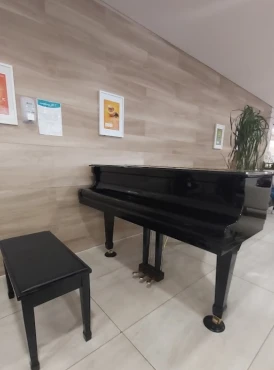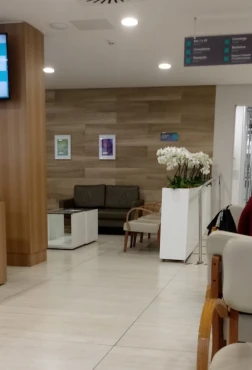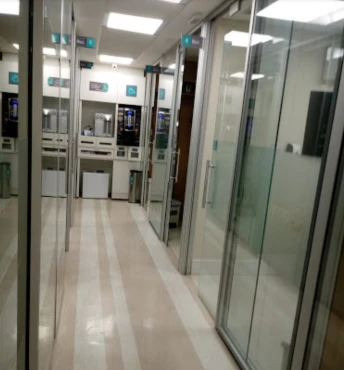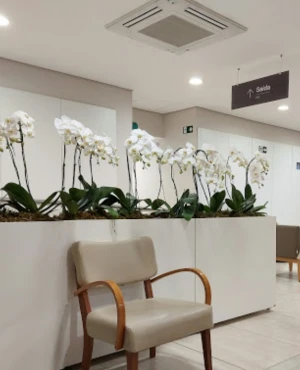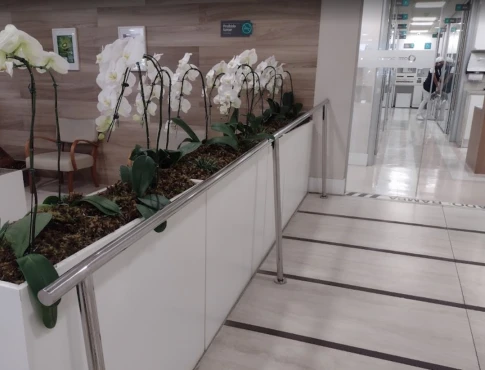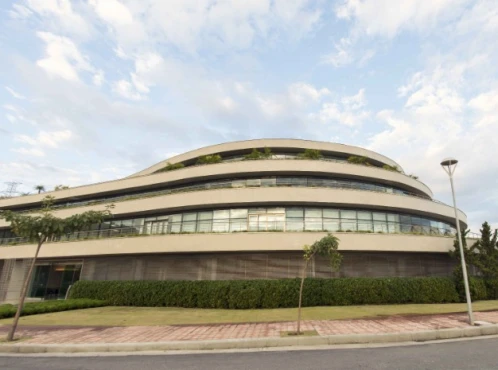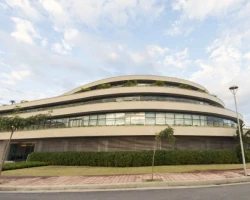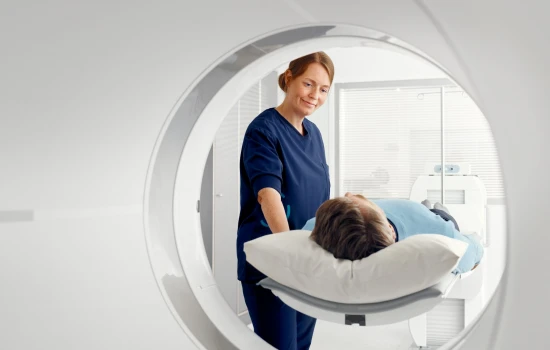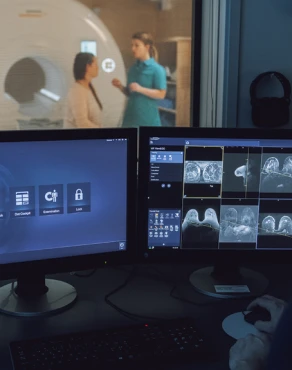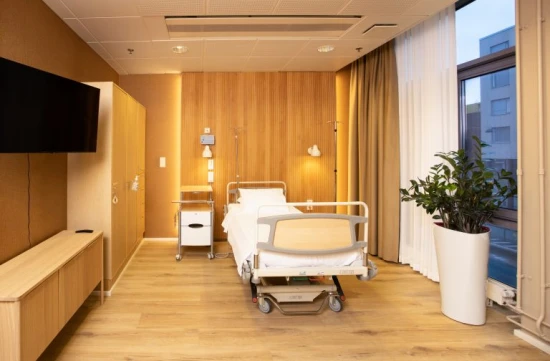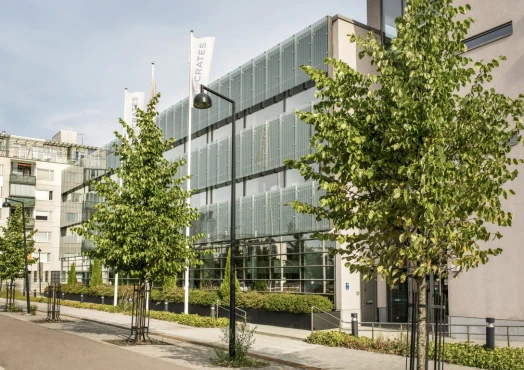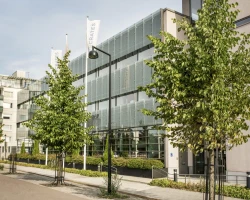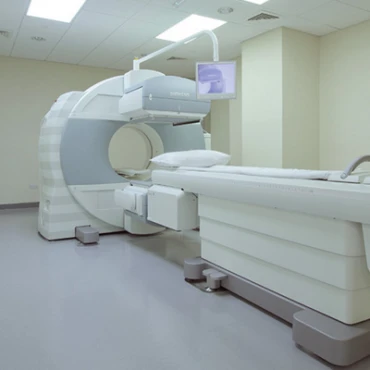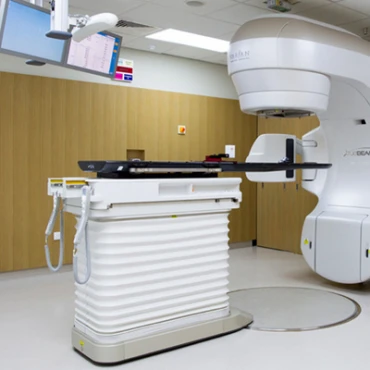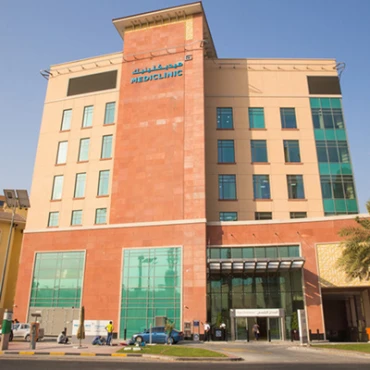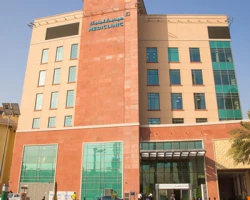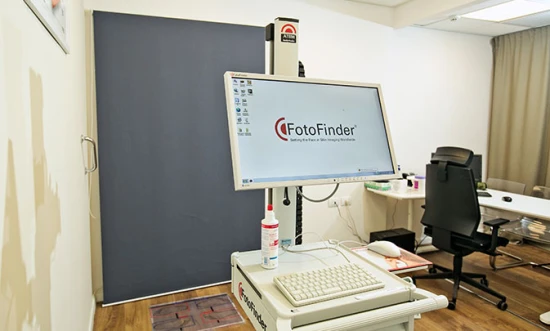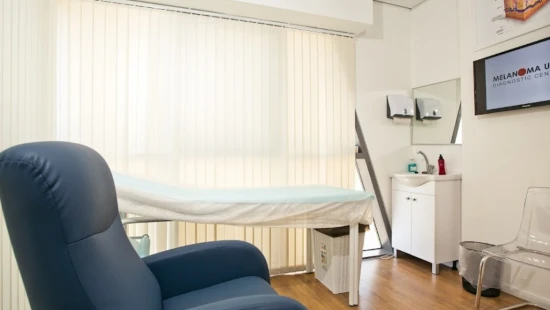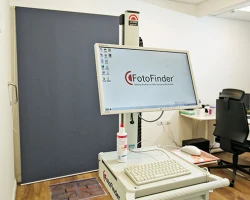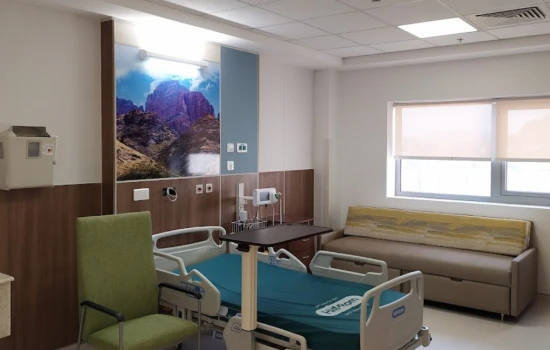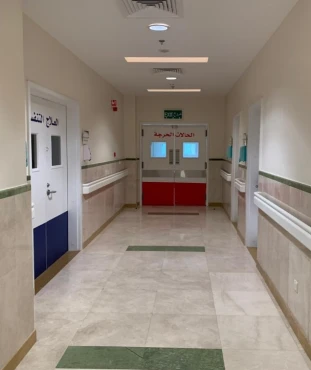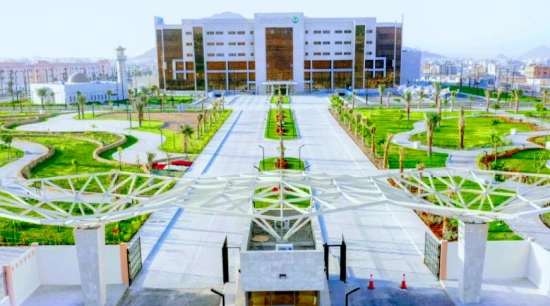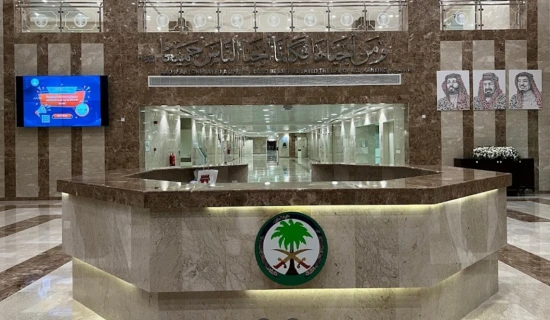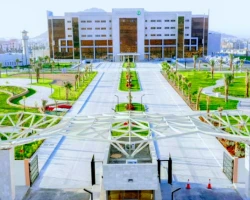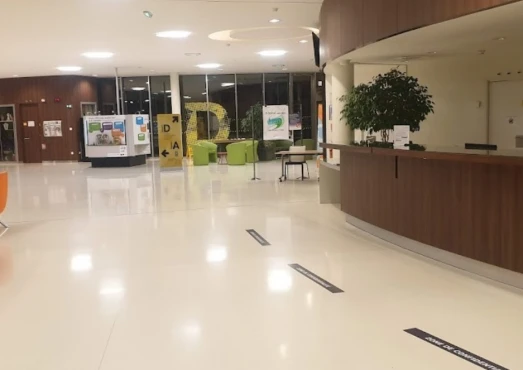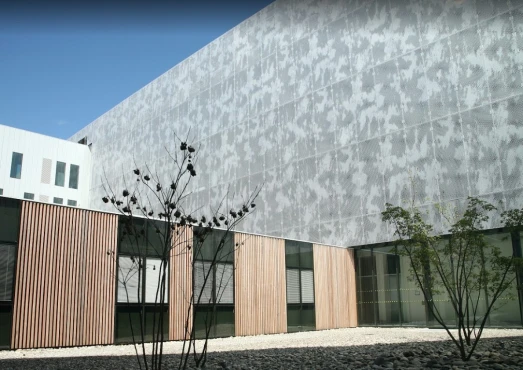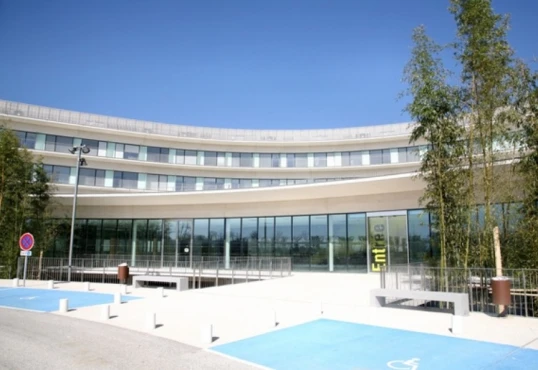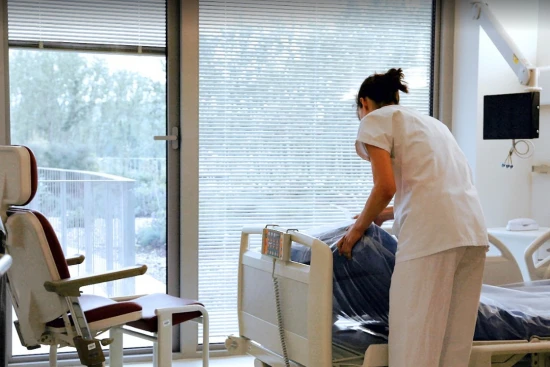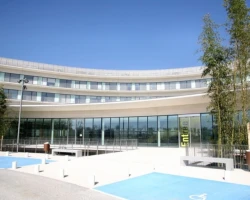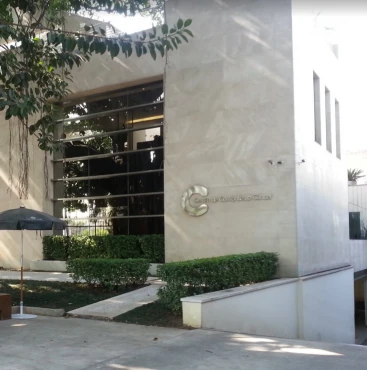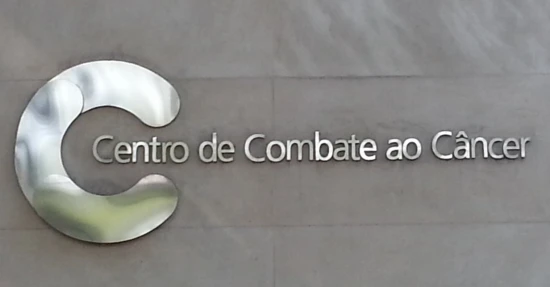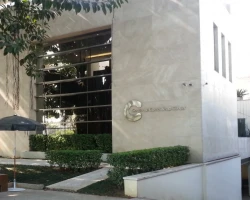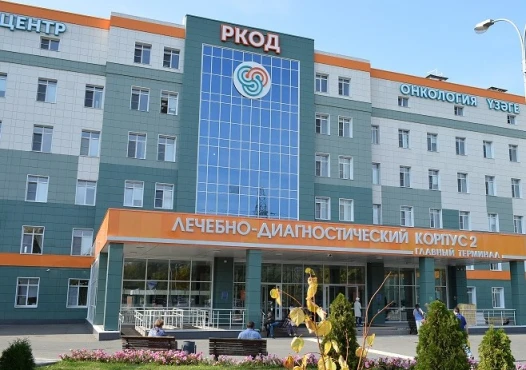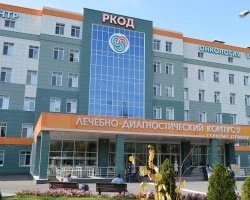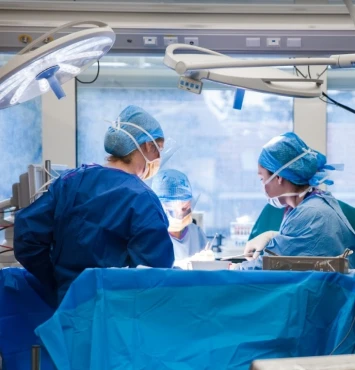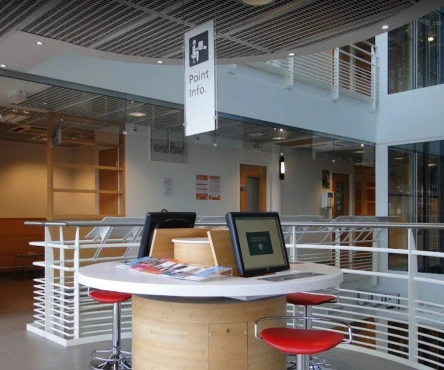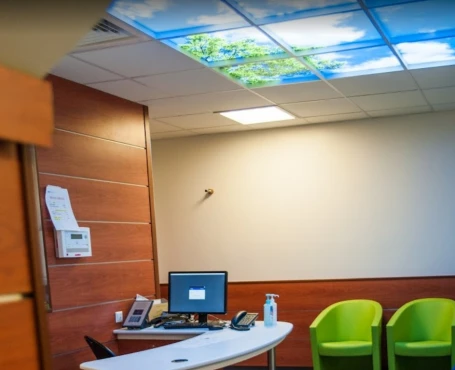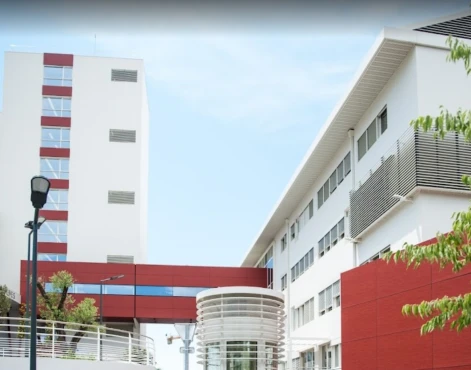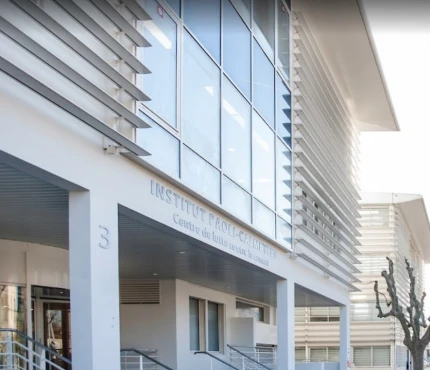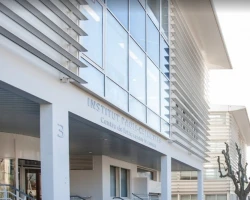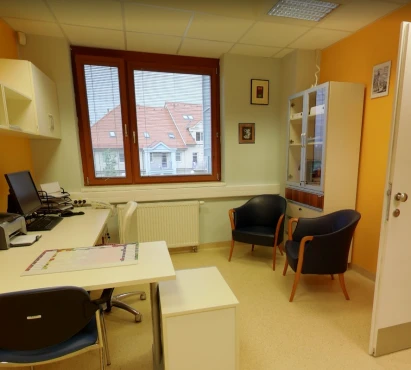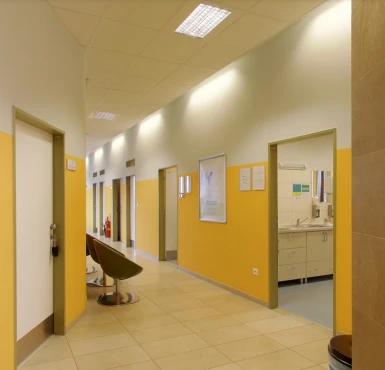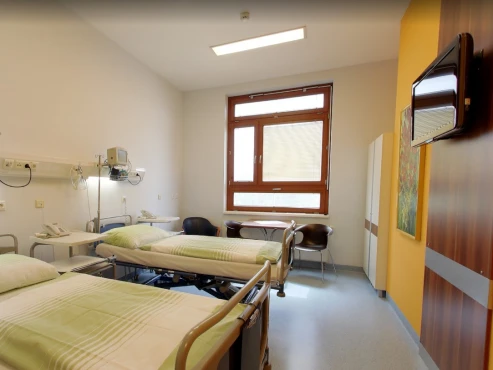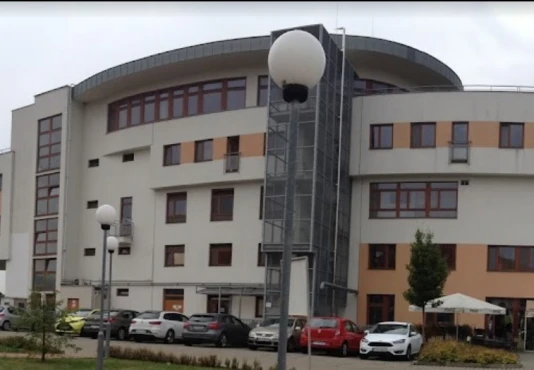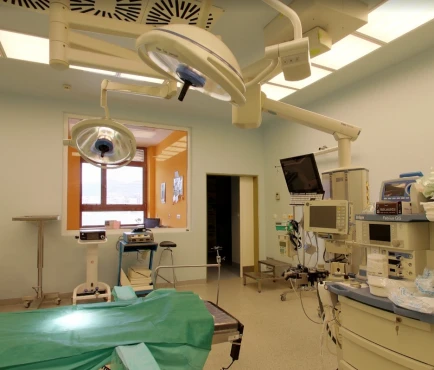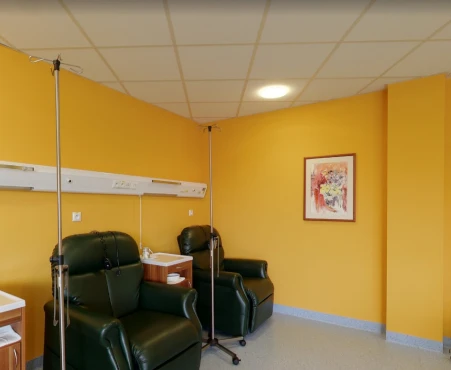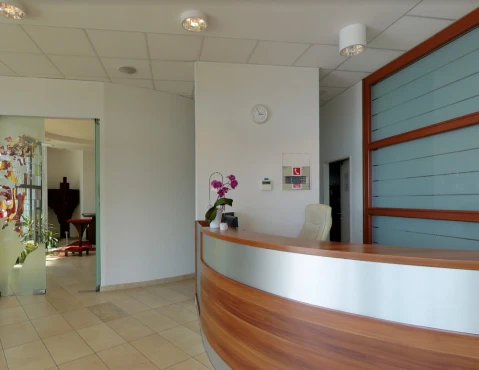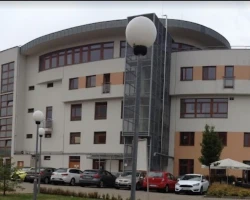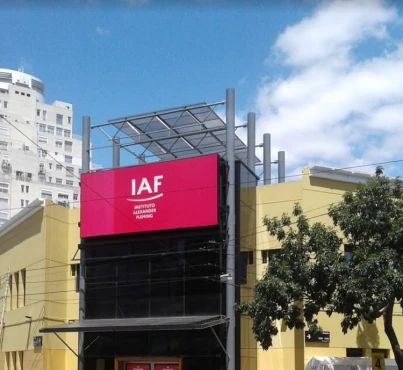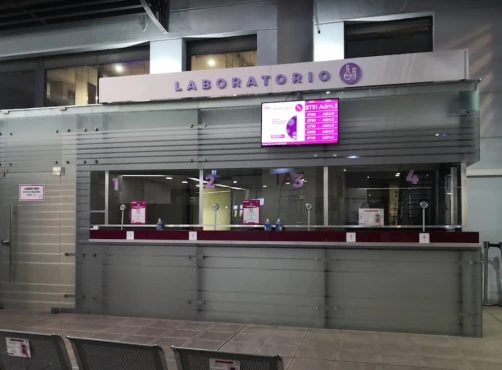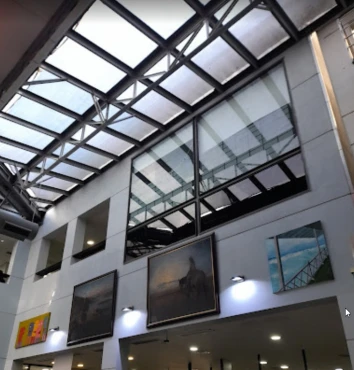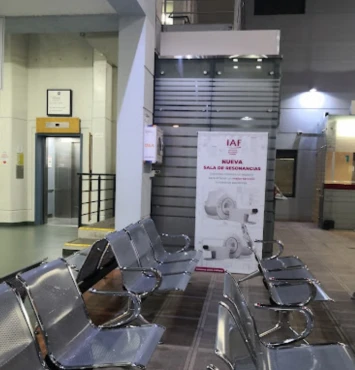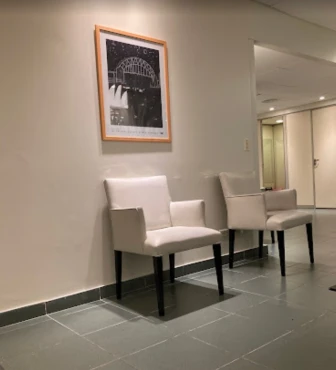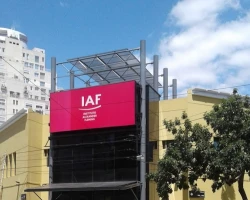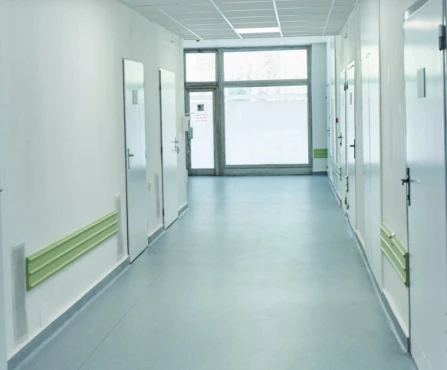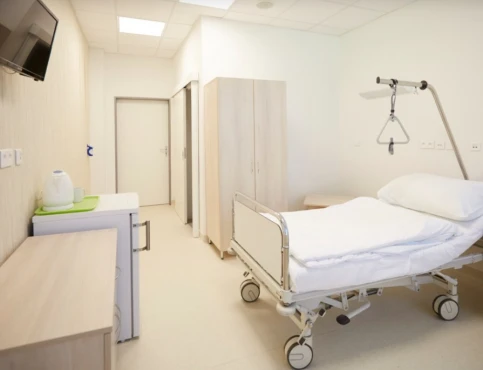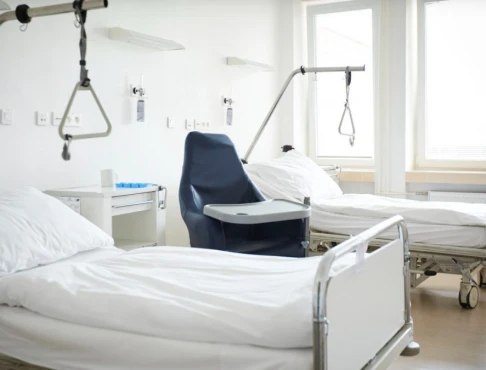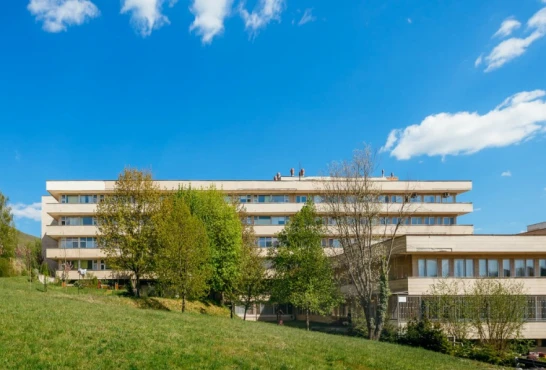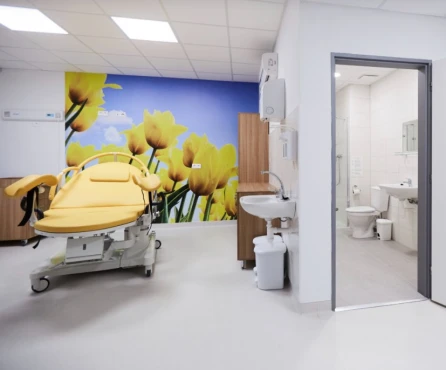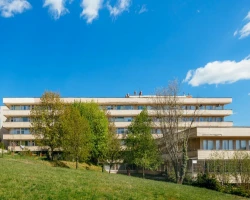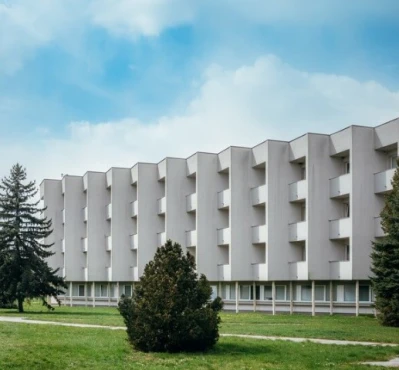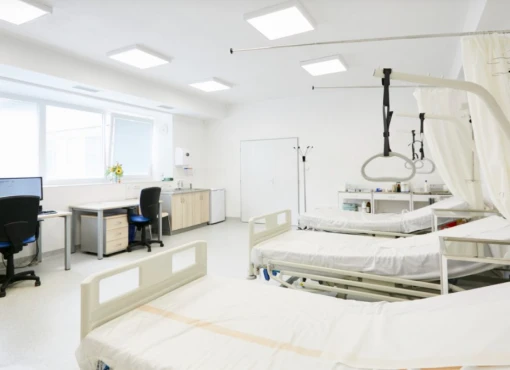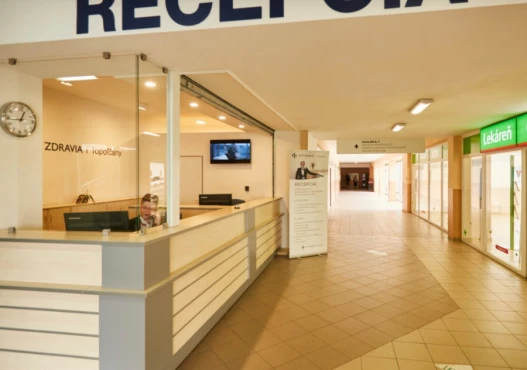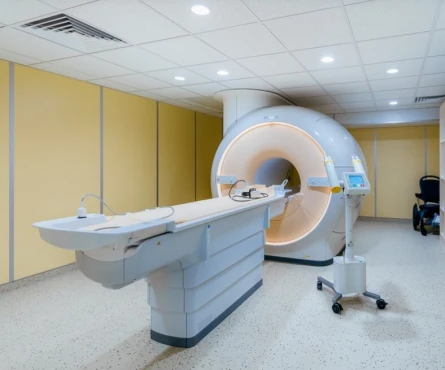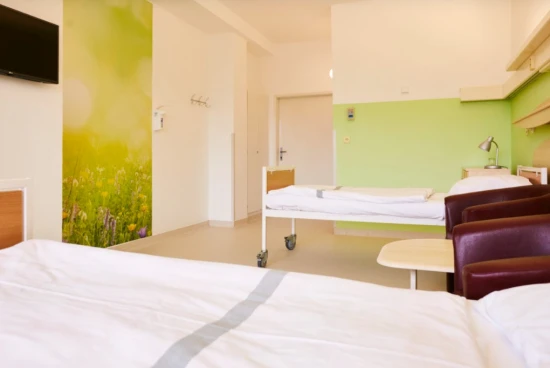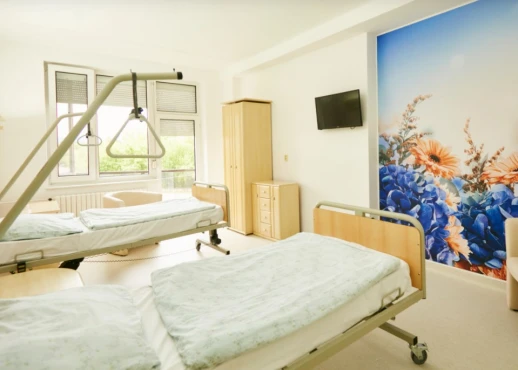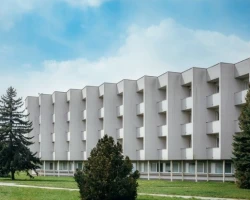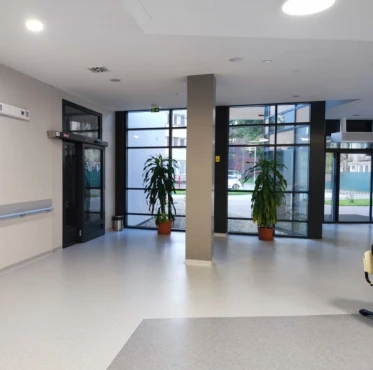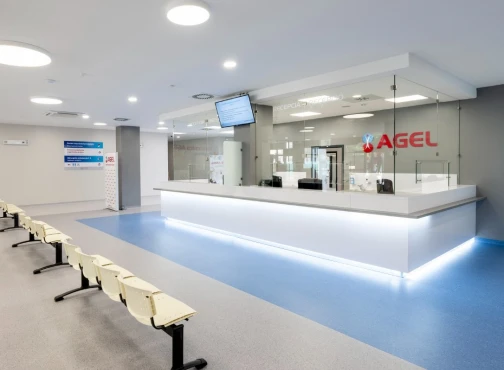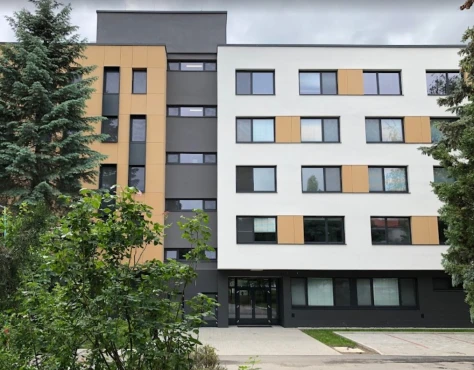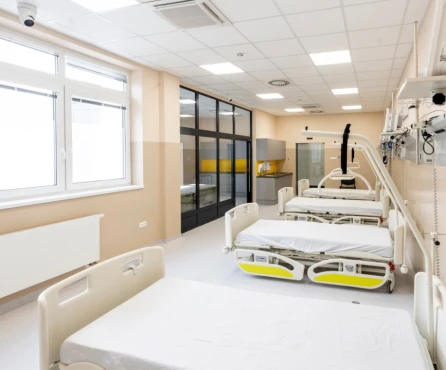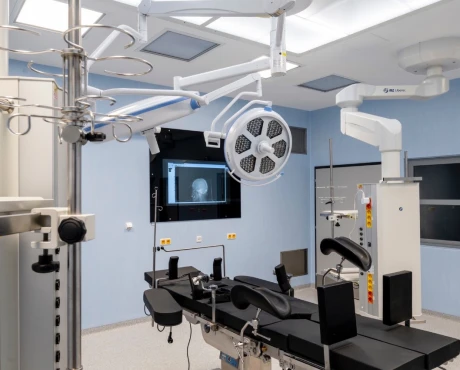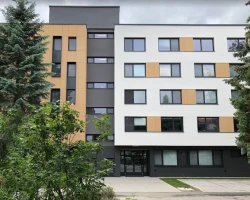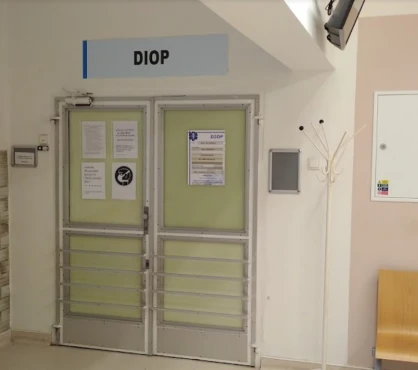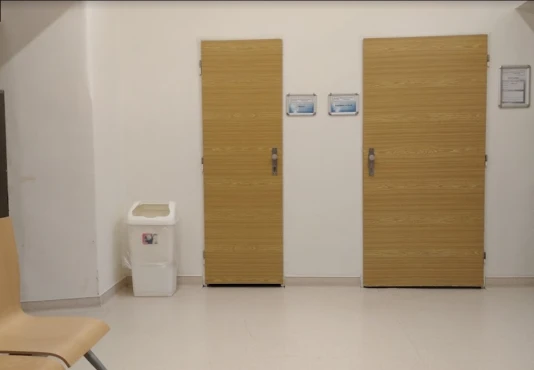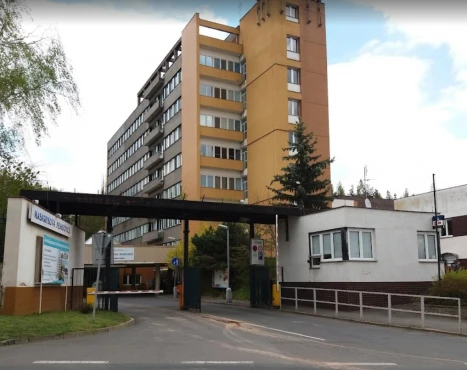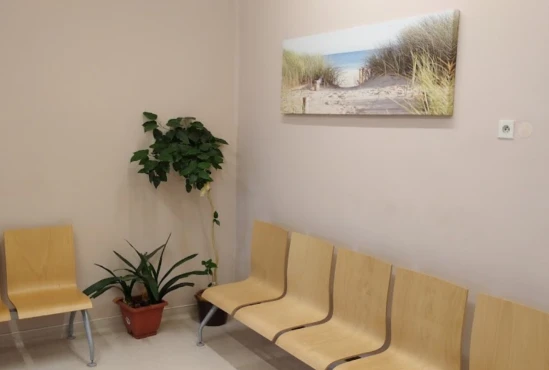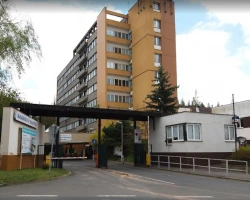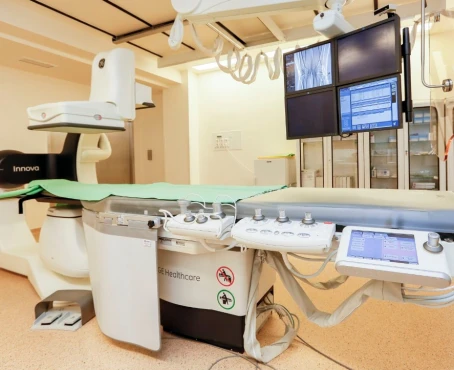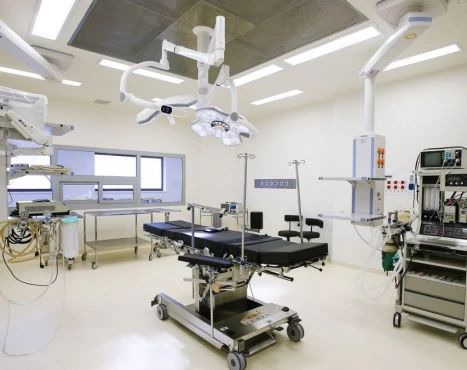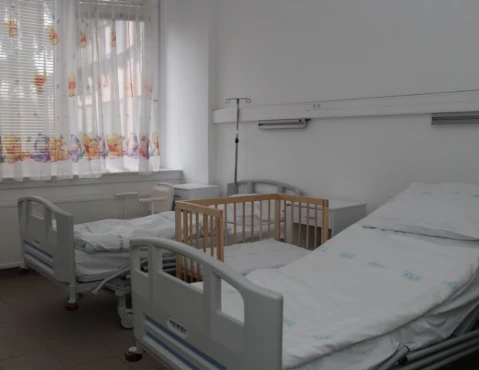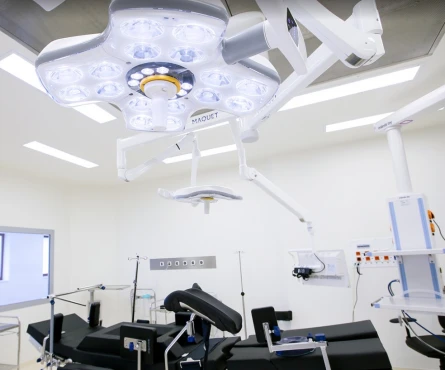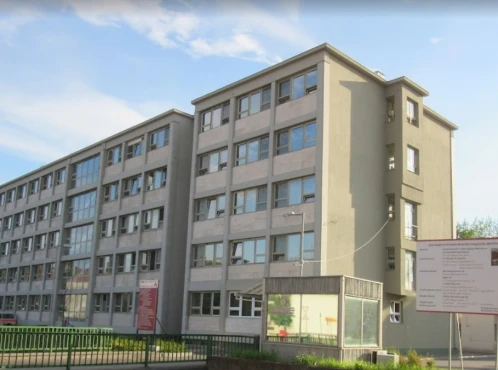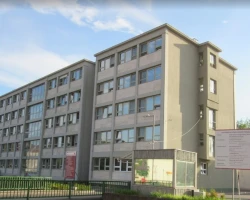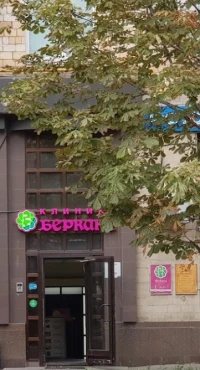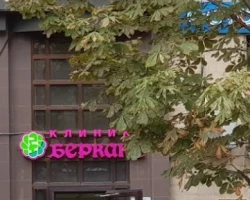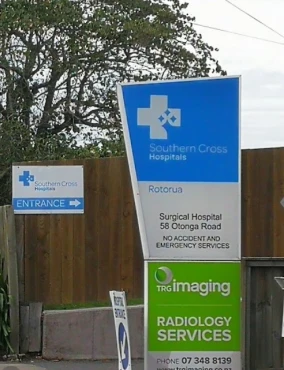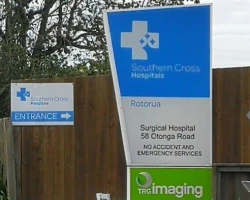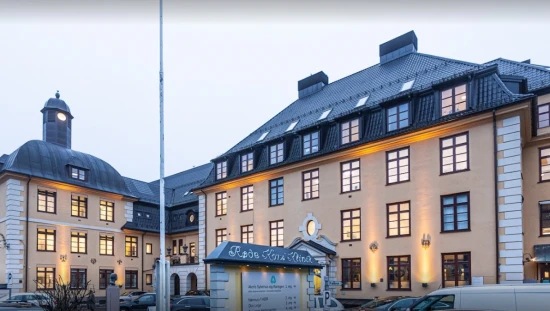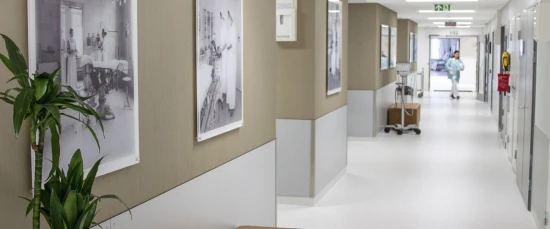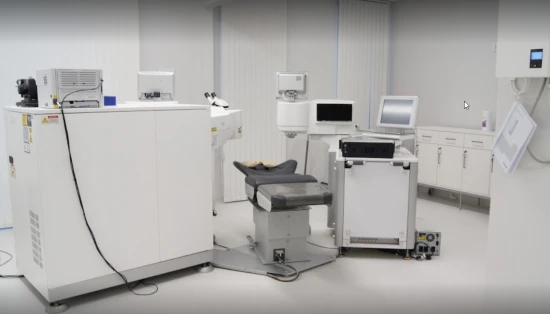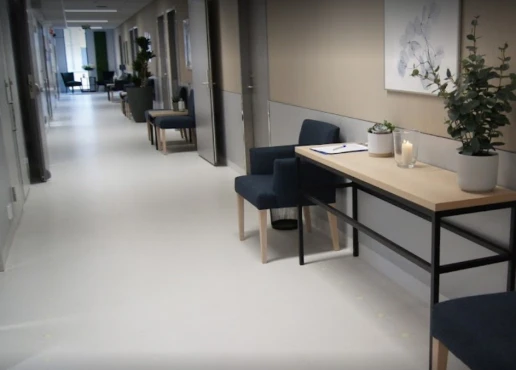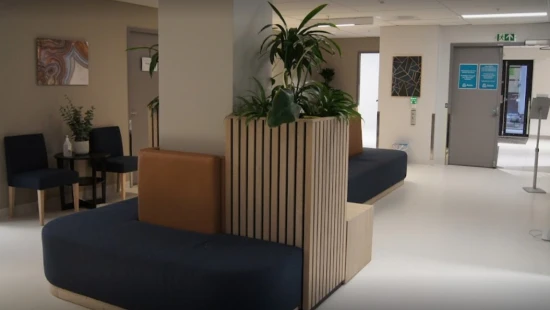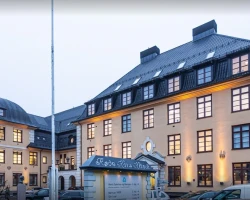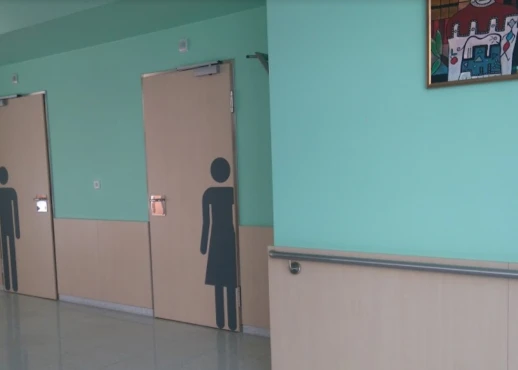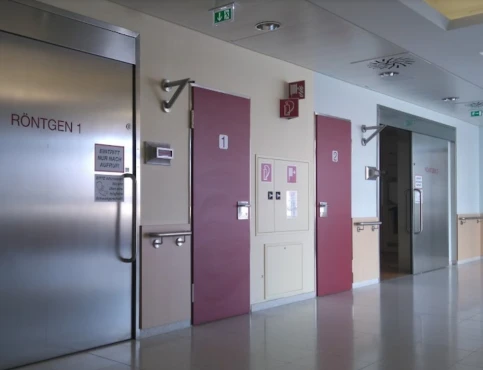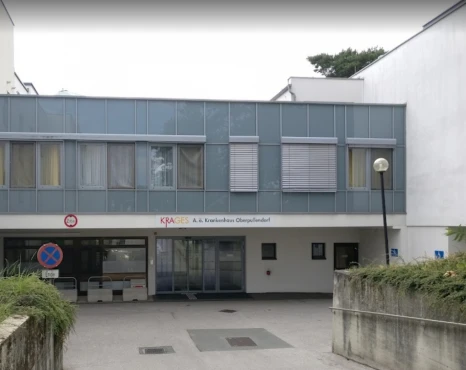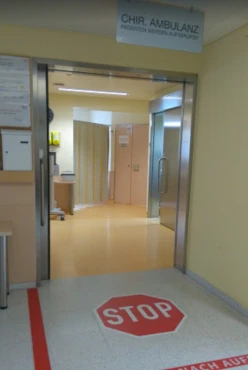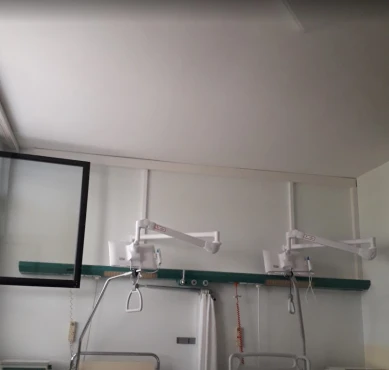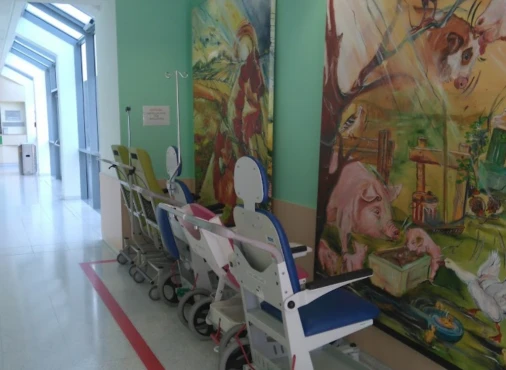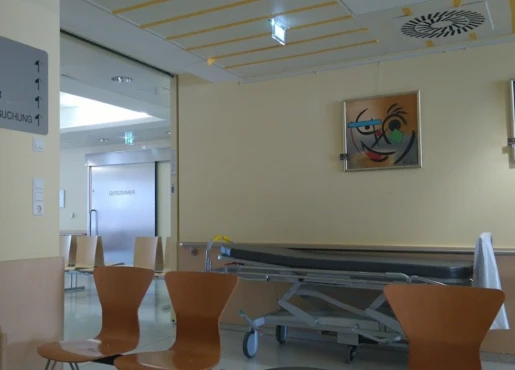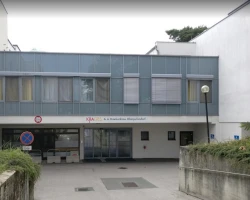What are CAR-T cell therapy and Natural Killer cell therapy?
CAR-T and natural killer cell therapies are two innovative immunotherapies that leverage the body's immune system to combat cancer. CAR-T cell therapy involves modifying a patient's T-cells (a type of blood cell) to express chimeric antigen receptors (CARs), enabling them to recognize and attack cancer cells. This approach has revolutionized the treatment of specific hematological cancers by allowing the immune system to target and eliminate malignant cells precisely[University of Houston, 2023].
On the other hand, natural killer cell therapy utilizes the body's innate immune cells, which can recognize and destroy stressed or abnormal cells, including cancer cells, without prior sensitization. Advancements in cell expansion and genetic engineering have led to optimizing natural killer cell therapy for cancer treatment, as these cells naturally seek out and eliminate tumor cells.
Background and first therapeutic agents in these fields
The origins of CAR-T cell therapy can be traced back to the 1990s when researchers investigated genetic engineering techniques to enhance the targeting capabilities of T-cells. In 2017, a significant milestone was reached with the FDA approval of the first CAR-T cell therapy, Kymriah, to treat relapsed or refractory B-cell acute lymphoblastic leukemia in pediatric and young adult patients. Soon after, Yescarta was approved to manage adult patients with large B-cell lymphoma. These landmark approvals have paved the way for further exploration of CAR-T cell therapies in other cancer types.
The development of natural killer cell therapy has its roots in the discovery of NK cells in the 1970s. Still, in more recent years, the clinical application of NK cells in cancer treatment has gained momentum. Currently, NK cell-based therapies, such as MG4101 and NK-92, are being actively studied for their potential to treat both hematologic malignancies and solid tumors.
Current options for CAR-T & NK cell medications and relevant cancer indications
Kymriah is used to treat pediatric and young adult patients with relapsed or refractory B-cell acute lymphoblastic leukemia, as well as adults with relapsed/refractory large B-cell lymphoma. The response rates for B-cell ALL have been remarkably high, reaching up to 83%, with around 52% of patients achieving complete remission.
Yescarta has been approved for the treatment of relapsed/refractory large B-cell lymphoma. In clinical trials, it has demonstrated an impressive overall response rate of 72%, with 51% of patients achieving complete remission.
Another approved therapy is Breyanzi, which is used for patients with relapsed or refractory large B-cell lymphoma after at least two previous lines of treatment. The clinical trials of Breyanzi have shown a 73% overall response rate, and 54% of patients achieved complete remission [Blood Cancer Journal, 2021].
In addition to these approved therapies, there are promising developments in natural killer cell-based treatments. NK-92 cells, engineered NK cells, have been used in early-stage clinical trials and have shown promise in treating solid tumors and blood cancers, including multiple myeloma and lymphoma. Early studies suggest that these cells have an impressive efficacy rate of around 30-40% in shrinking tumor size, while the side effects are generally milder than those of CAR-T therapy.
Furthermore, cord blood-derived NK cells are being studied for their potential in treating hematologic malignancies, such as acute myeloid leukemia and certain lymphomas. The early data on these cells has been encouraging, mainly when combined with chemotherapy or monoclonal antibodies like rituximab.
CAR-T and NK cells treatment for early- and late-stage cancers
While CAR-T cell therapy is typically reserved for relapsed or refractory cancers, researchers are exploring its potential in earlier stages of the disease. On the other hand, natural killer cell therapy is being investigated as part of a multimodal approach for early-stage cancers, often used in combination with other treatments like checkpoint inhibitors or chemotherapy.
When it comes to late-stage and refractory cancers, both CAR-T and NK cell therapies have demonstrated remarkable success, particularly in the treatment of hematologic malignancies. For example, in patients with relapsed or refractory diffuse large B-cell lymphoma, CAR-T therapies such as Yescarta and Kymriah have offered a significant chance of long-term remission, even for those who have failed multiple prior treatments.
In NK cell therapy, advanced-stage cancers like multiple myeloma and acute myeloid leukemia have been the focus of trials. Early-phase trials with NK-92 cells have demonstrated an overall response rate of around 30-40%, but the efficacy is lower in solid tumors compared to blood cancers.
What's next? Novel options in CAR-T and NK cell therapy
Next-generation CAR-T cells
Researchers are developing "armored" CAR-T cells, genetically modified to secrete cytokines that can improve T-cell survival and function within the tumor microenvironment. These next-gen CAR-T therapies aim to increase durability and efficacy in solid tumors, where traditional CAR-T cells have been less effective. Studies are also exploring dual-targeted CAR-T cells, which can attack more than one cancer antigen, improving response rates in cancers that evolve to evade treatment.
Universal CAR-T cells
A significant limitation of current CAR-T therapies is the need to individually engineer T-cells for each patient. Researchers are working on universal or "off-the-shelf" CAR-T cells that can be used in patients without requiring modification. This approach could significantly reduce treatment costs and improve access.
CAR-NK cells
By combining CAR technology with NK cells, scientists are developing CAR-NK cells to enhance NK cells' targeting and killing ability. This promising strategy is being explored in both hematologic and solid tumors, with early trials showing response rates of 40-50% in relapsed lymphomas [American Cancer Society, 2024].
Post-treatment prognosis after CAR-T and NK cells treatment
The long-term prognosis after CAR-T cell therapy has been quite encouraging for patients with hematologic malignancies. In studies of pediatric and young adult patients with relapsed or refractory B-cell acute lymphoblastic leukemia treated with Kymriah, an impressive 50% of patients achieved event-free survival at 12 months, and many experienced durable remissions. However, it's important to note that not all patients respond successfully to this treatment, and some may experience disease relapse due to factors like antigen loss or immune evasion.
While natural killer cell therapy is still relatively early in its development compared to CAR-T cell therapy, the available evidence suggests it holds significant promise for improving outcomes in patients with hard-to-treat cancers. NK cell-based therapies may offer a safer alternative to CAR-T therapy, with the potential for fewer severe side effects such as cytokine release syndrome. That said, the long-term prognosis for patients receiving NK cell therapies remains unclear, and larger-scale studies will be needed to fully evaluate their impact on survival rates and relapse over time.
